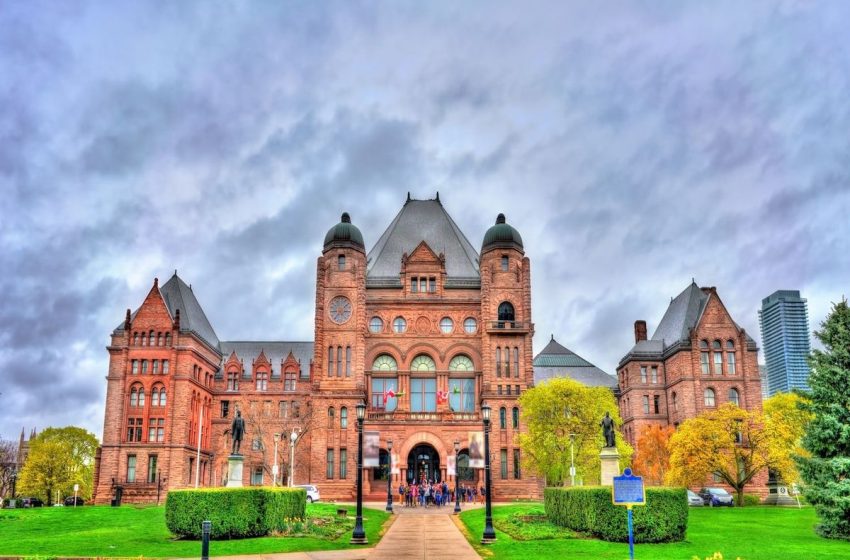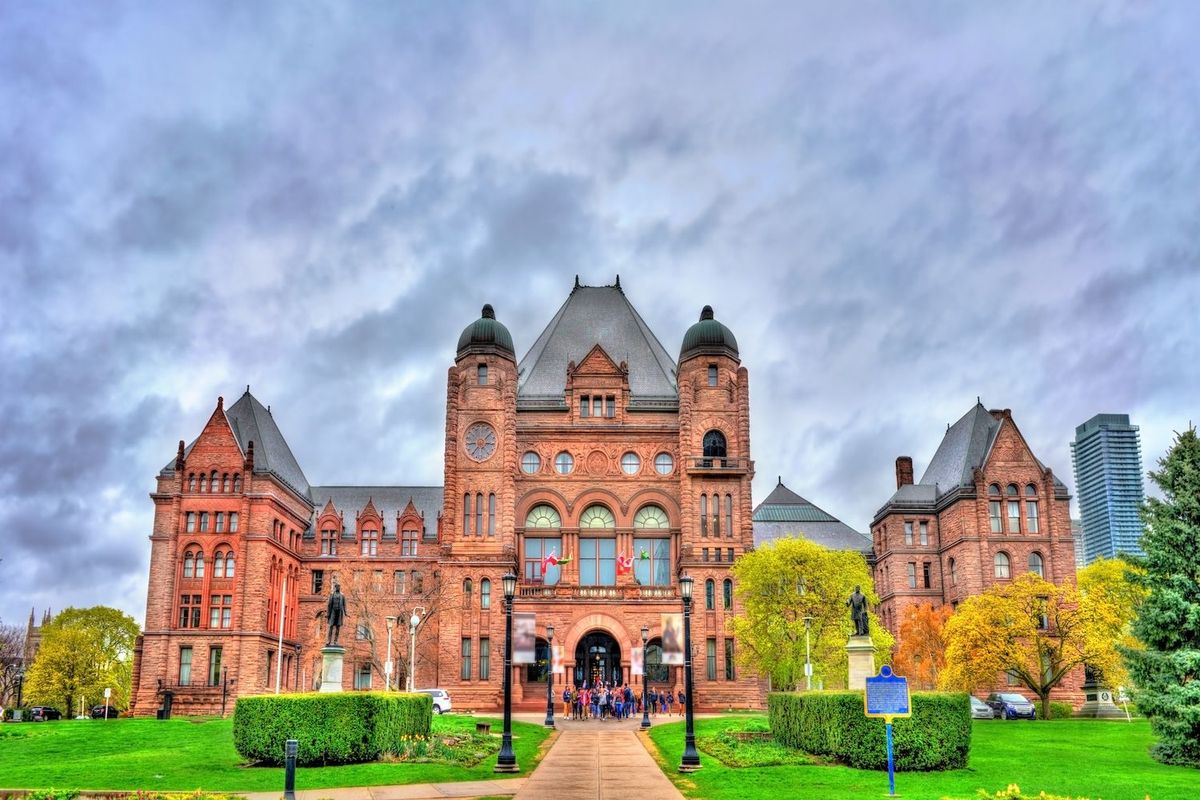Bert Dohmen: Gold, Silver Key as Stock Market Bull Trap Looms
Ford Government Pushes Bill 5 Through Legislature, Sparking First Nations Outcry


In a move that has ignited a storm of opposition from Indigenous communities and environmental groups, Ontario’s Progressive Conservative government passed Bill 5 on Wednesday (June 4).
Formally titled the Protecting Ontario by Unleashing our Economy Act, the legislation grants the province unprecedented authority to override provincial and municipal laws in favor of economic development.
Specifically, Bill 5 allows the government to establish ‘special economic zones’ where environmental protections, labor regulations and other statutes can be suspended for projects led by ‘trusted proponents.’
Premier Doug Ford’s government argues that the bill is critical for expediting development in the mineral-rich Ring of Fire region and countering global economic threats, including US tariffs.
But the bill’s passage, by a vote of 71 to 44, has drawn fierce backlash from First Nations leaders who say they were not consulted, in violation of treaty rights enshrined in the Canadian constitution.
Speaking to reporters, Grand Chief Alvin Fiddler of the Nishnawbe Aski Nation, which represents 49 First Nations in Northern Ontario, warned that protests and blockades — reminiscent of the Idle No More movement — are likely.
‘I think after today we need to look at every option that is at our disposal, including legal, political, economic, everything – including taking direct action,’ he said, adding, ‘Everything is on the table.’
Ford was not present in the legislature for the vote, drawing condemnation from Indigenous leaders and opposition politicians. He reportedly missed the vote due to an overrun in an online meeting with a US congressman.
Ontario NDP Leader Marit Stiles stood alongside First Nations representatives to denounce the premier’s absence and vowed to continue resisting the legislation, which she predicted will end up in court.
Public gallery benches erupted during the vote with shouts of ‘Shame on you!’ and ‘Where’s the premier?’ Security escorted several individuals out, including one man who yelled, ‘Our land is not for sale!’
Opposition parties attempted to stall the bill with thousands of proposed amendments, but the Progressive Conservative majority pushed it through after using time allocation to cut short debate.
Legal experts warn that Bill 5 could significantly alter the legal and environmental landscape in Ontario. The legislation includes Henry VIII-style provisions — named after the 16th-century monarch notorious for consolidating executive power — which allow the provincial cabinet to override laws without legislative scrutiny.
Laura Bowman, a lawyer with Ecojustice, said, ‘This is not just undemocratic; it’s anti-democratic.’
Environmental advocates have also raised alarm about Bill 5’s implications for conservation. It rewrites Ontario’s endangered species law by giving the cabinet, not scientists, final authority on which species merit protection.
Additionally, it eases rules on preserving Indigenous archaeological sites.
The government has floated the possibility of Indigenous-led economic zones as part of the regulations it must still draft, but details remain scarce, and First Nations groups say the damage has already been done.
Ontario Regional Chief Abram Benedict, who previously met with Ford in a tense private session, said the discussions were necessary, but insufficient. “Our Chiefs have made it clear that they fully reject Bill 5, and the Chiefs of Ontario stand by and defend the position of the Chiefs,” Benedict maintained in a statement. “First Nations rights holders must be at the table, and the Government must fulfill its constitutional and treaty obligations.”
The Ring of Fire region, located in the James Bay lowlands, is at the center of the controversy.
While some First Nations near the area support road construction projects, others oppose the rush to mine in the region without thorough consultation and environmental safeguards. The Ford government has touted the area’s reserves of critical minerals — such as nickel and lithium — as essential for Ontario’s economic future.
While some industry stakeholders have cautiously welcomed provisions in Bill 5 that streamline mining approvals under a “one project, one process” regime, critics and civil liberties advocates say its rhetoric risks escalating tensions.
Among them is the Canadian Civil Liberties Association, which has condemned Bill 5 as a dangerous overreach that could hollow out legal safeguards without meaningful public oversight.
Legal scholars say the government’s interpretation of its duty to consult remains contested. While a 2018 Supreme Court ruling (Mikisew Cree) found that governments are not constitutionally required to consult Indigenous groups during the drafting of legislation, it emphasizes that such consultation is often politically and morally necessary.
Moreover, many Indigenous leaders say consultation is no longer enough. Invoking the United Nations Declaration on the Rights of Indigenous Peoples, they are calling for ‘free, prior and informed consent’ as the new standard.
In the coming weeks, the Ford government must draft the regulations that will define how Bill 5 is implemented. These rules, it insists, will be subject to consultation. But with Indigenous leaders threatening direct action and legal battles on the horizon, Ontario may be on the brink of a new phase in its fraught relationship with First Nations.
Securities Disclosure: I, Giann Liguid, hold no direct investment interest in any company mentioned in this article.





